Can China's men's basketball team return to its peak? The position of Asian dominance seems to be gradually fading away. Looking back at the peak moments of the past, Yao Ming, Wang Zhizhi, and Battur formed the "Mobile Great Wall," which intimidated the strong teams in Asia. However, nowadays, the Philippines and Japan have risen with naturalized players, Iran remains stable and solid, and even South Korea has a somewhat covetous attitude. Looking at ourselves, the international competition results in recent years are unbearable to look at - from being eliminated from the Asian Cup to the dismal performance in the World Cup, it has almost become a pain in the hearts of fans.
Therefore, when people predict the "strongest 12-man" list for the Asian Cup, this topic is not just a simple discussion about the lineup, but a collective questioning about the future of Chinese basketball: can we return to the peak? The answer is obviously not that simple.
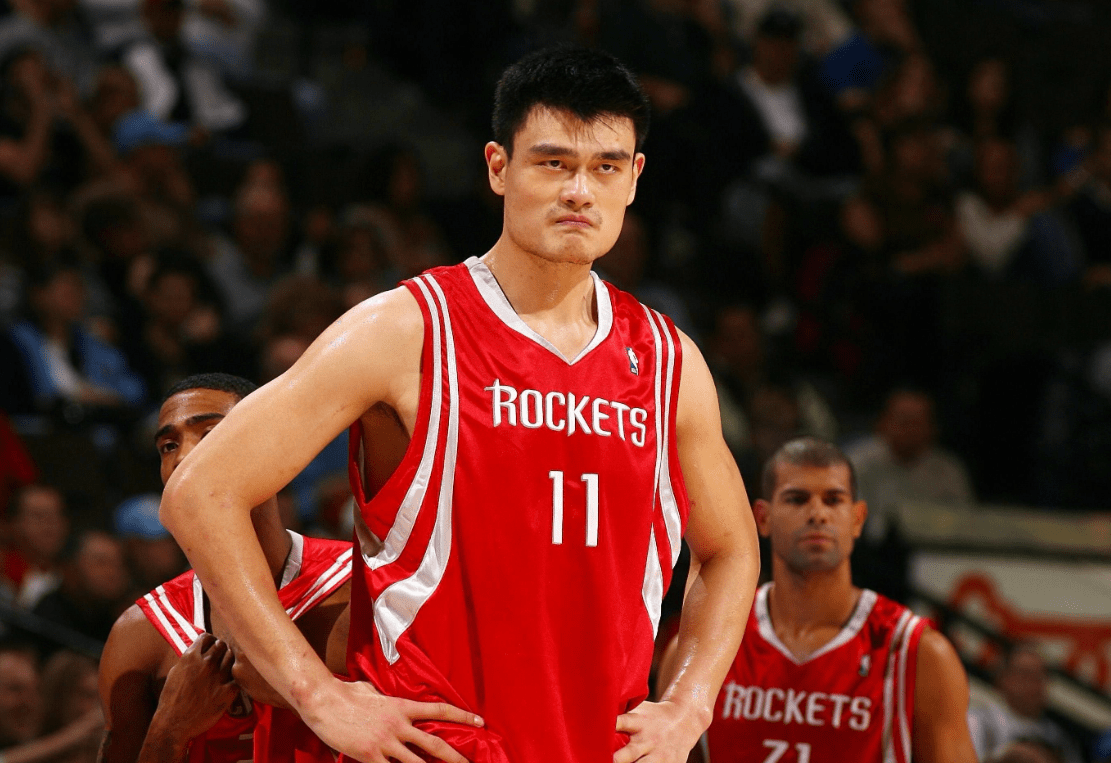
When it comes to the future of Chinese basketball, it is impossible not to mention Yao Ming. In 2017, when Yao Ming took office as the chairman of the Chinese Basketball Association, he brought many new trends. From promoting the commercialization of the CBA league to increasing the construction of youth training systems, and then improving player benefits, these reforms can be said to have broken many old barriers. In the CBA league, fans began to see more professional management and games, and the attention to the league has also increased, laying the foundation for the overall strength improvement of Chinese basketball.
However, reform is not something that can be achieved overnight. At the national team level, the performance of the Chinese men's basketball team has not improved significantly due to changes in the league. Especially facing the international arena, there are still obvious gaps between Chinese players in terms of confrontation and rhythm. Yao Ming's reform is like building a tall building, whether the foundation is solid or not, it is difficult to see results in the short term, and time is needed to test it.
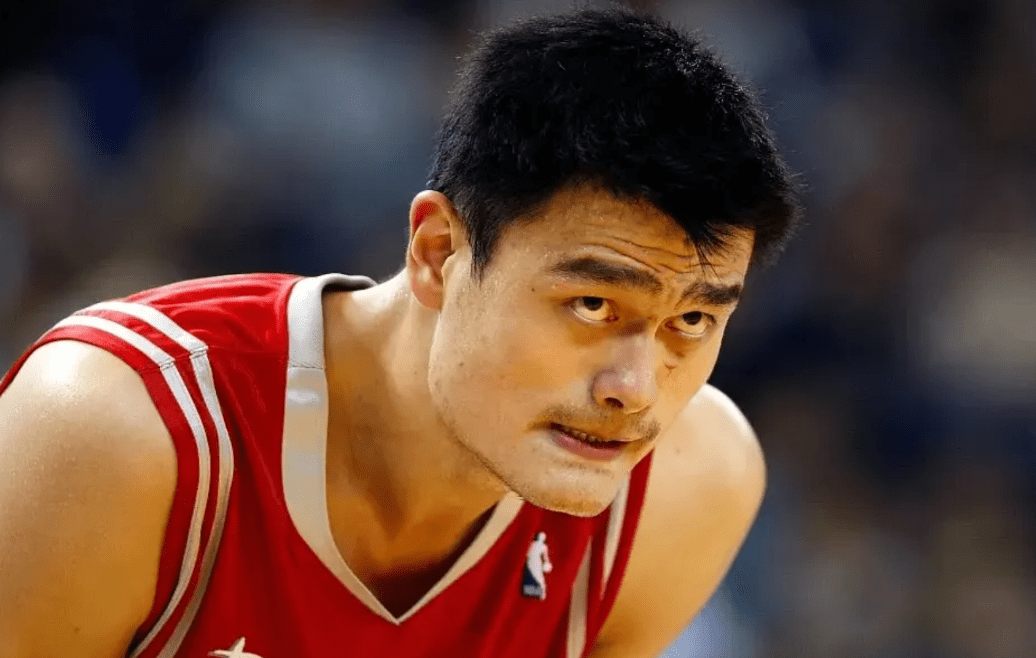
Against this backdrop, the selection of the "strongest 12" is not just about fighting for the Asian Cup results, but also a test of the reform achievements: can these players represent the true level of the Chinese men's basketball team?
If we go back to more than ten years ago, most of China's opponents in Asia were "hard to say." At that time, whether it was the Philippines, Japan, or South Korea, their physical quality and tactical execution were difficult to compete with the Chinese team. However, today's situation is completely different.
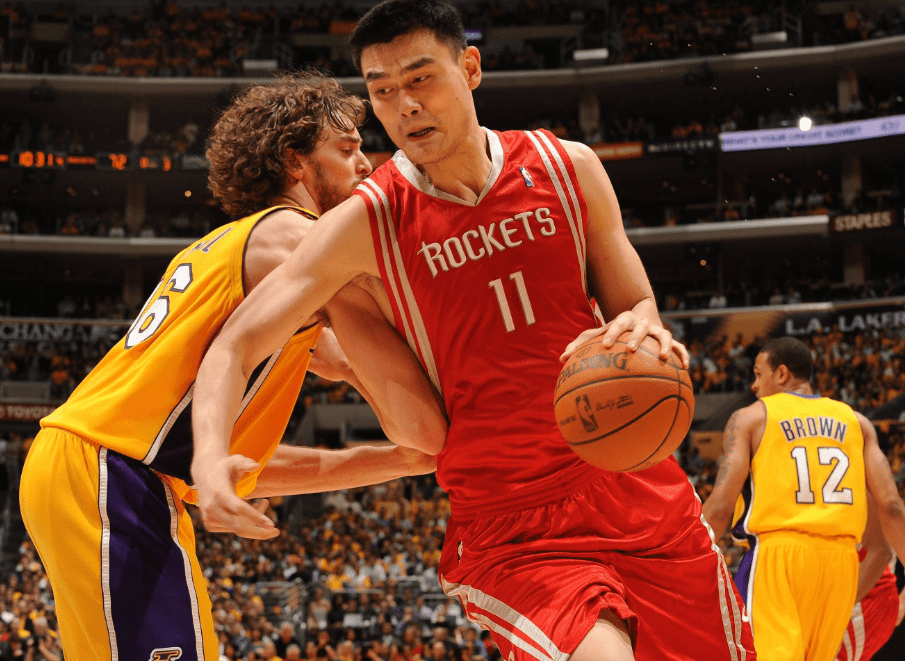
The Philippines and Japan have become two typical representatives. The Philippines has quickly risen through the way of naturalizing players, such as NBA-level Jordan Clarkson, and such players pose a visible threat to the Chinese men's basketball team once they take the court. As for Japan, they not only have NBA players like Yuta Watanabe, but also impress with solid tactical cooperation. In the 2023 Men's Basketball World Cup, the Japanese men's basketball team historically won the qualification to go straight to the Olympics, while the Chinese team struggled in the playoffs, which makes people sigh: the competitive landscape of Asian basketball has long been changed.
In addition, traditional strong teams like Iran still rely on rich experience to remain at the forefront of Asia. Facing these opponents, the Chinese team no longer has an obvious advantage. "Too single technical skills, outdated playing style" has become a common criticism in recent years. The fact is that physical quality and basic skills are no longer enough in today's basketball world, and international experience and diversified tactics are the hard truth.
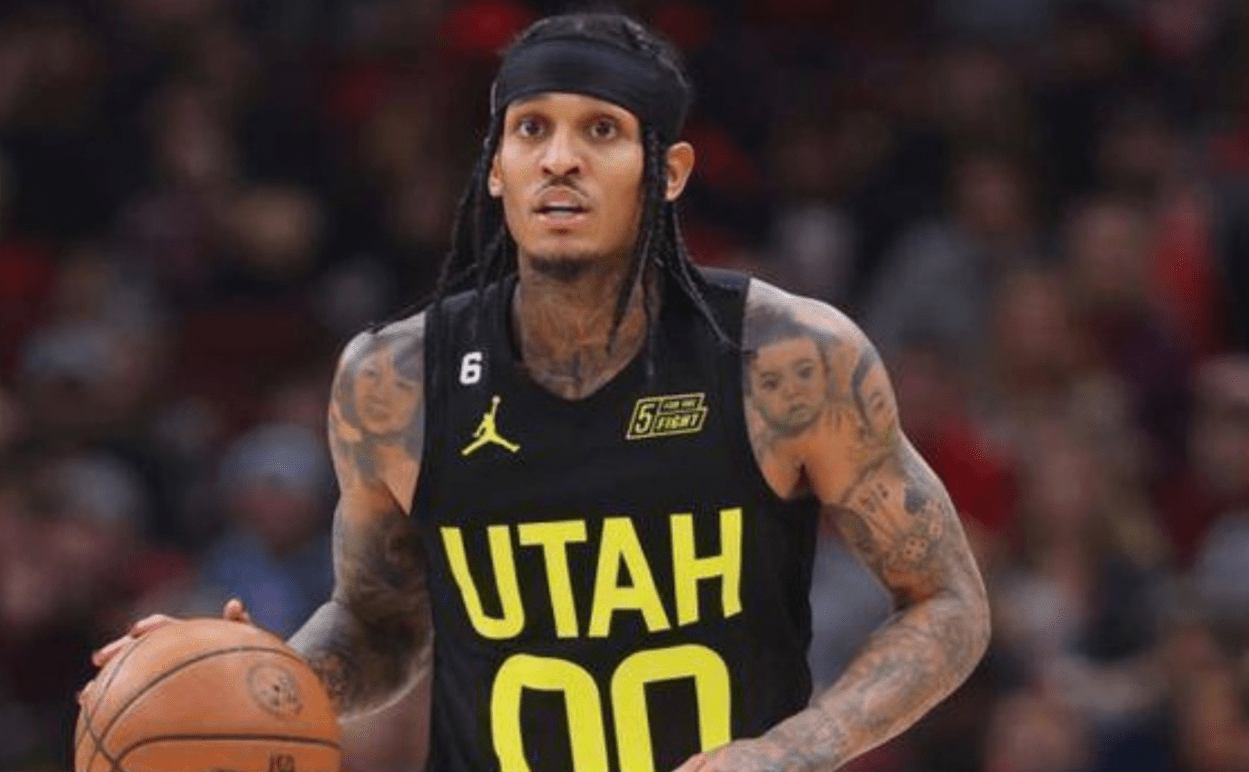
Facing increasingly fierce competition, the Chinese men's basketball team must optimize the lineup. So, what will be the highlights of this "strongest 12-man" list?
On the guard line, Xu Jie and Sun Minghui's names can be said to be the most popular. Although Xu Jie is young, his organizational ability and sense of the big picture have shown remarkable maturity on the CBA court. And Sun Minghui is known for his excellent physical quality and fighting spirit, and his defensive ability is often highly expected in the national team.

In addition, Lin Wei is a promising newcomer. His style can be described in four words - "dare to fight and dare to fight". On the court, he never fears strong enemies and always uses the momentum of a newborn calf not afraid of tigers to attack opponents. Such young players are the hope for the future development of the national team.
On the forward line, Zeng Fanbo is a very eye-catching presence. As one of the representatives of the future of Chinese basketball, Zeng Fanbo has shown great potential on both offense and defense, and his versatility is what the national team urgently needs. And Hu Jinqiu, as the older brother of the forward line, always maintains stable play, and his ability to coordinate and protect rebounds in the paint is an indispensable guarantee for the Chinese men's basketball team.
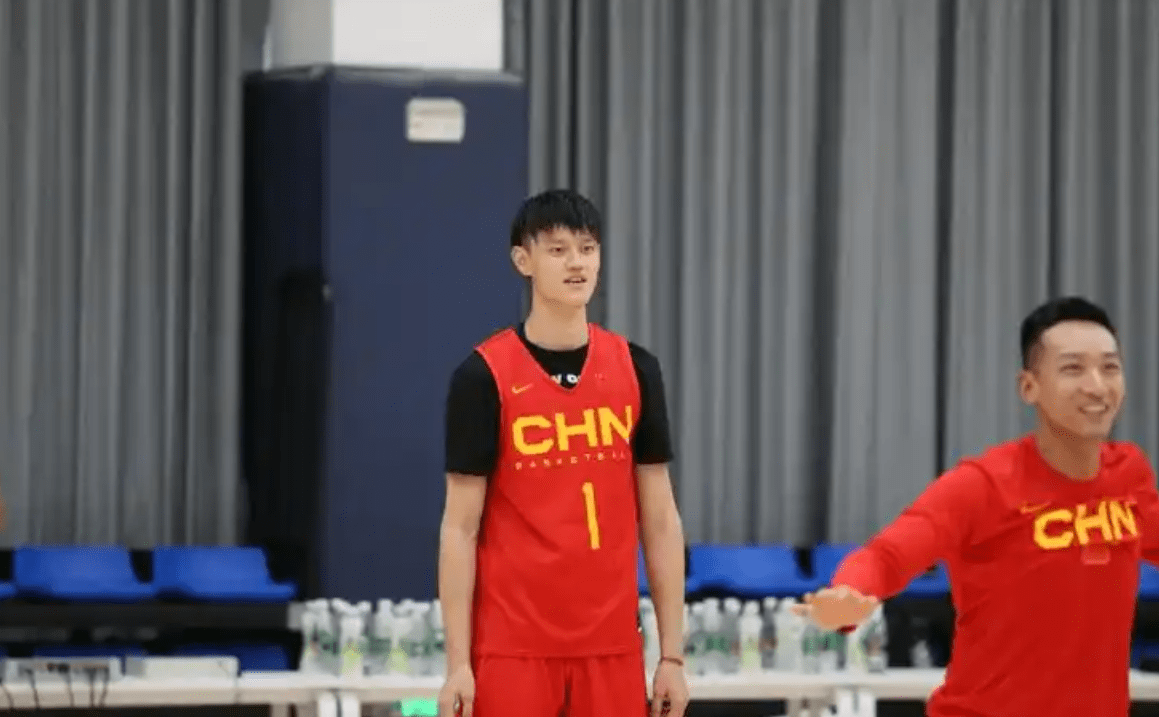
As for the inside line, Zhou Qi is undoubtedly the most reliable core player of the Chinese team. His dominance in the paint within Asia is almost unrivaled, but his performance on the international stage is often criticized by fans. This time, Zhou Qi needs to prove himself again in the Asian Cup, especially under the circumstances where young inside players like Yang Hanshen are gradually emerging, Zhou Qi's performance will directly affect the ceiling of the Chinese men's basketball team.
In addition to these main players, some newcomers like Qi Lin and Yu Jiaxuan may also enter the final list. Their growth represents the hope of the future of Chinese basketball.
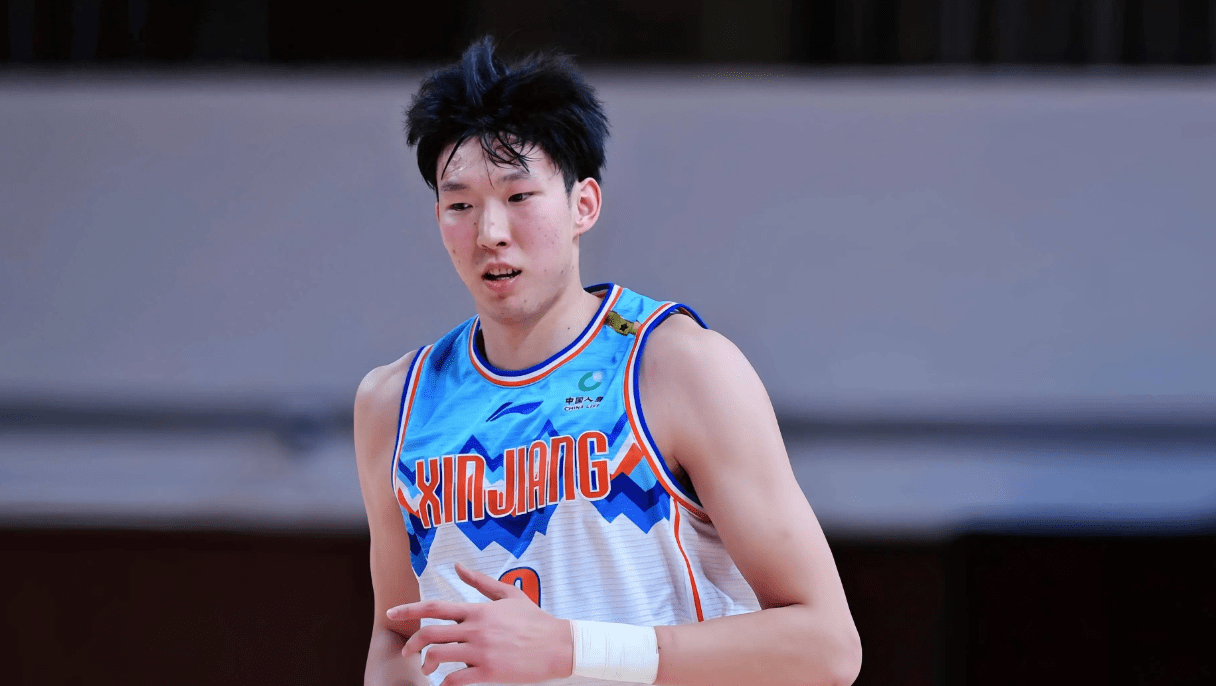
In fact, the significance of predicting the "strongest 12-man" list is not only to prepare for the Asian Cup, but also to examine the competitiveness of the Chinese men's basketball team on the world stage. In recent years, Japan has quickly strengthened through the way of naturalizing players, and whether China should also try such a model has become a controversial point. Some people think that this is a "shortcut"; but others worry that such a way may affect the localization development of Chinese basketball.
No matter what, simply competing for victory and defeat within Asia is not the ultimate goal of the Chinese men's basketball team. Our real opponents are not Japan and the Philippines, but the basketball powers in Europe and America. If we cannot fundamentally narrow the gap with the world's top level, what is the significance of being the Asian hegemon?
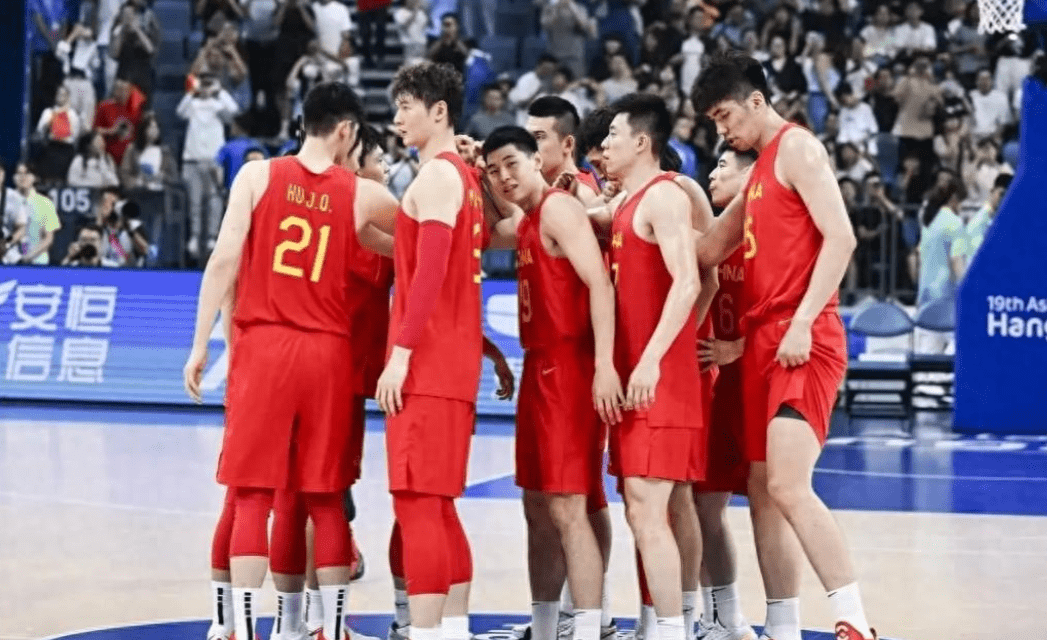
After all, the performance of the national team is inseparable from the support of the league. In recent years, the tactical system of the CBA league has become more diverse, and the intensity of confrontation and physical quality of the players have also improved, but compared with international competitions, the rhythm and intensity of the CBA are still insufficient.
Against this background, the players of the national team often face the "adaptation problem". Especially in high-intensity competitions like the Asian Cup, who can quickly integrate into the game rhythm can contribute more to the national team. This is also an important consideration factor in choosing the "strongest 12".
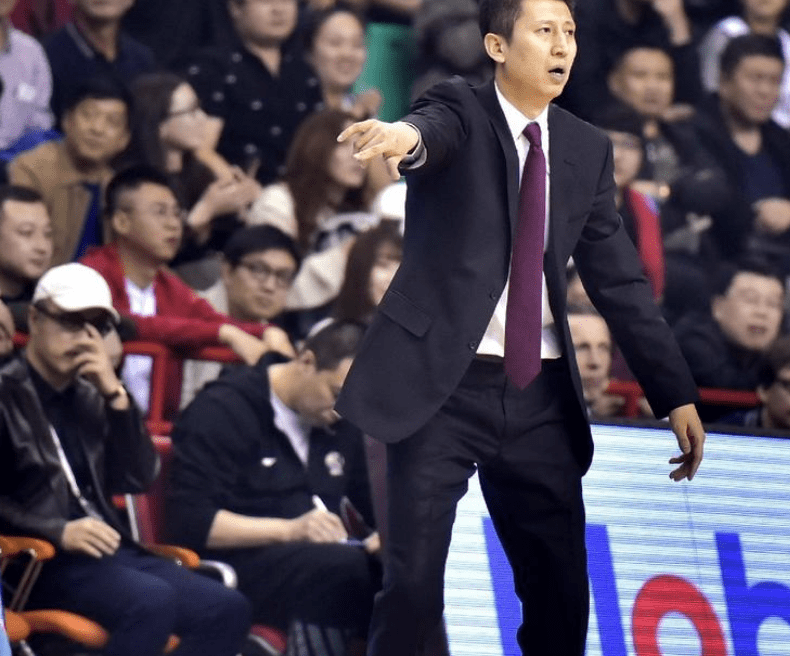
The future of the Chinese men's basketball team is by no means defined by a victory in the Asian Cup. A victory may temporarily boost morale, but to truly revive its glory, it must be down-to-earth and learn lessons from every failure. There are no shortcuts on the court, only efforts and persistence can write the next highlight moment for Chinese basketball.
(Disclaimer) The article description process and pictures are all from the Internet. This article aims to promote positive social energy without vulgar or improper guidance. If there are any copyright or personal infringement issues, please contact us in time, and we will delete the content immediately! If there are any questionable parts of the event, they will be deleted or modified immediately after contacting us!